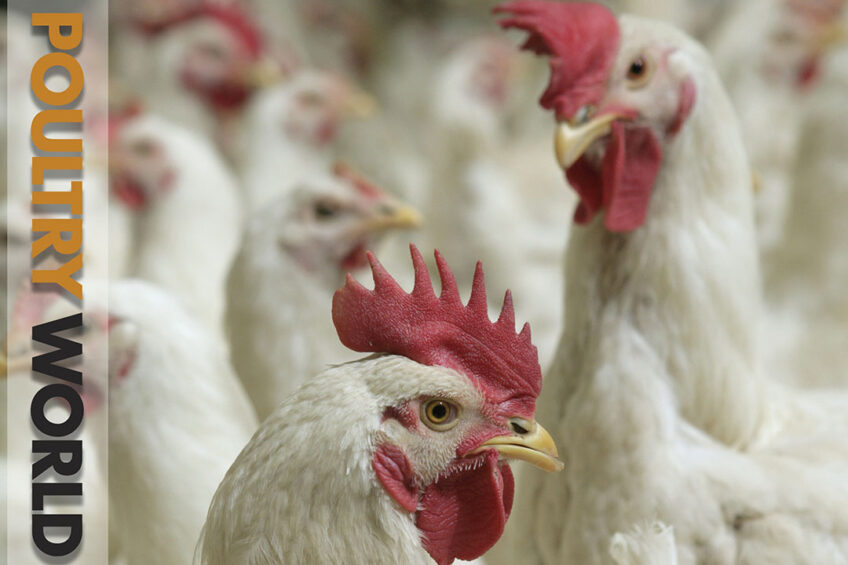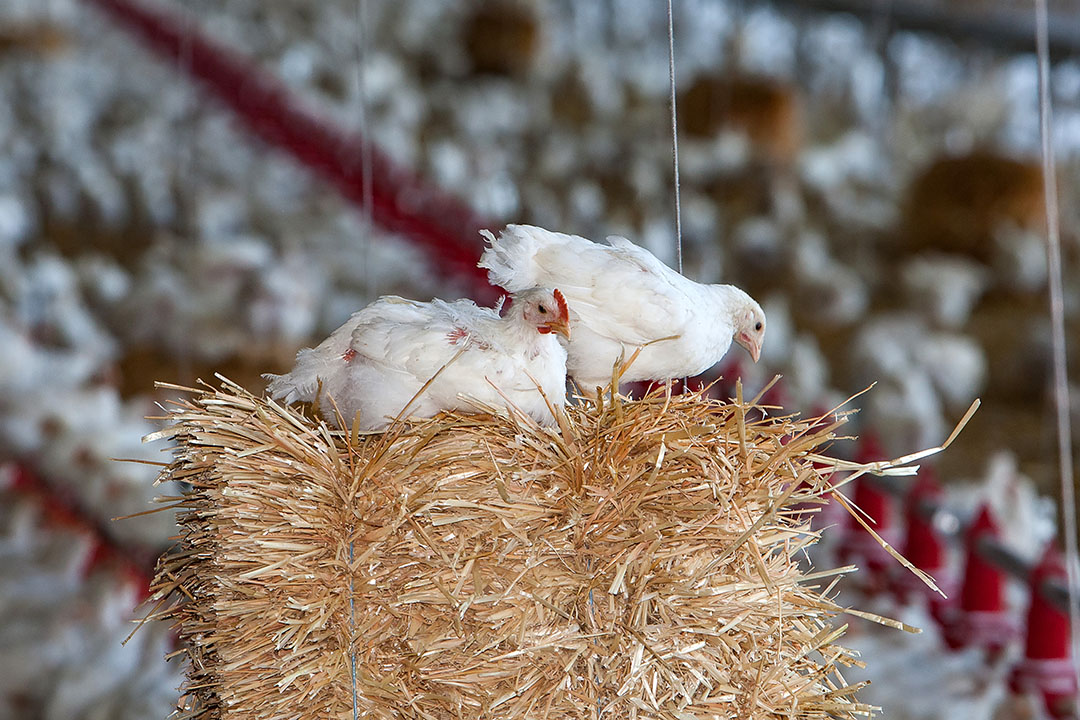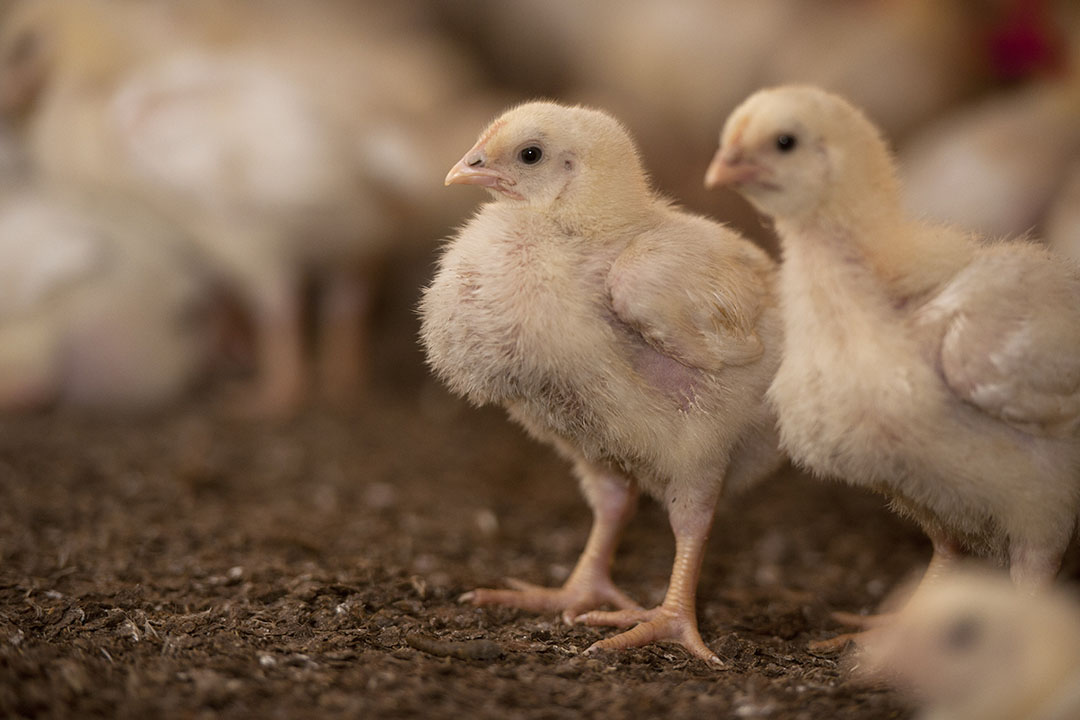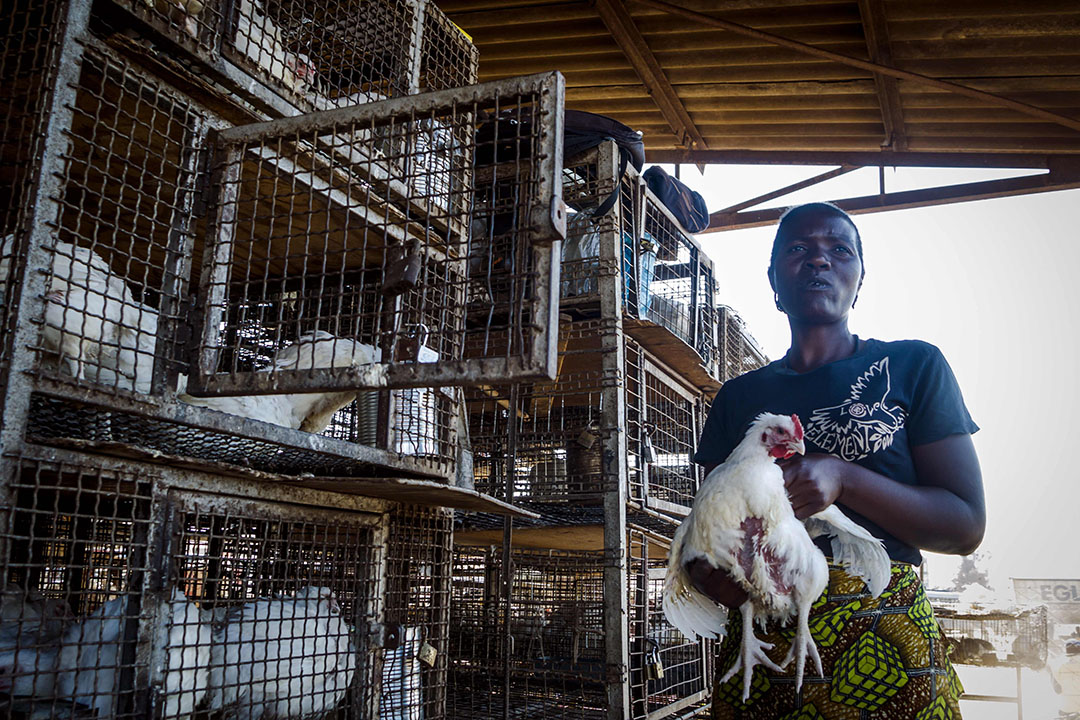Welfare in the latest edition of Poultry World

This edition of Poultry World takes a close look at the economics of slow-growing broilers and associated costs in various EU member states. We visit a poultry farm in western Poland and interview GalloSuisse chair, Daniel Würgler, who considered the dynamics of the Swiss laying hen sector. Also, we investigate microplastics in feed and find out why it matters. This and more in the latest edition of Poultry World.
Factors driving global egg price volatility
Rabobank reports that high and volatile global egg prices are linked to 6 disruptive supply and demand factors. In this article we consider feed costs, avian influenza, a post-pandemic world, regulations and other factors at play.
A powerhouse to reckon with
Poland’s poultry sector has seen rapid growth in recent years and now stands out as a formidable competitor in the EU. Poultry World visited the Lesniewski family who own nearly 300,000 broilers in western Poland. They believe that the country could overtake Brazil as one of the world’s largest poultry exporters.
Interview: ‘Crisis in paradise, for now at least’
The Swiss laying hen sector has 2 headaches, namely protection of the price level through import duties, and the transition to production without killing male layer siblings. Daniel Würgler, chairman of the Swiss association of egg producers, GalloSuisse, sees progress in areas. He shares his thoughts.
Economics of slow growing broilers
Since 2018, more than 200 food companies across Europe have signed up to the European Chicken Commitment (ECC) and have committed to raising their animal welfare standards to the requirements of the ECC by 2026. A project will aim to gain insight into the costs in various EU member states associated with transitioning to broiler production systems that comply with these requirements.

Limits of feed ingredients in poultry production
There are certain limits imposed on the use of some conventional feed ingredients in poultry feeding, such as maize, wheat, barley, soybean, sunflower, and fishmeal, because of their chemical composition and the presence of anti-nutritional factors therein. In this article we consider these nutritional limits which hinder the use of such ingredients in excessive amounts in the diet.
ESPN 2023: pinnacle of poultry nutrition research
Over 1,700 delegates from across the globe gathered at the European Symposium on Poultry Nutrition in Rimini, Italy, in June. Martino Cassandro, ESPN chair and president of the WPSA Italian branch, looks back on this year’s edition.
CEO Trouw Nutrition: “Our challenges will help us all do better”
At the recently held AgriVision conference in the Netherlands, experts in the feed, food and livestock sector participated in discussions on future-proofing proteins. Trouw Nutrition CEO, David Blakemore, offers is insight on the main discussions at the event.
Good intestinal integrity makes all the difference
Intestinal diseases can have a significant adverse effect on the performance of poultry flocks. Maintaining optimal intestinal flock health can not only play a huge role in ensuring long-term sustainable poultry production, but it will also go a long way to ensure a healthy flock.

Sustainability on the menu at a one-off roadshow
Sustainability was the focus of the 2023 Alltech One conference in Dublin, Ireland, in June. Speakers included Will Streatfeild, Alltech’s key account lead E-CO2, who explained what kind of environmental problems could be identified in livestock production, and microbiologist Prof Fiona Walsh who tapped into “doing more with less”, focusing on antimicrobial resistance and microbiome research.
Ammonia control evolves to litter preparation
High ammonia levels threatens the health of birds and humans. What affect do typical management practices have, and alternative methods could be considered?
Genetic progress in African poultry breeding programmes
The poultry industry is the fastest-growing sector in African agriculture. Several diseases, low production and high mortality pose challenges that can be overcome by next-generation genetics.

Solid demand for chicken meat in Canada
Demand for chicken meat in Canada remains solid as both retail and the food service sector have fully recovered post-Covid. Meanwhile, chicken imports and chicken meat production are predicted to grow.
Microplastics affect chickens too
A new study shows how microplastics induce gut microbial dysbiosis and metabolic disorders in broiler chickens. Researchers see the findings as a wake-up call for the feed industry worldwide…
Column: Balanced judgement
Columnist, independent consultant and freelance journalist, Tom Woolman, talks about how NGOs are influencing the way that our food systems operate. While the industry needs to be held accountable, it needs to be one in the right way, he says.













